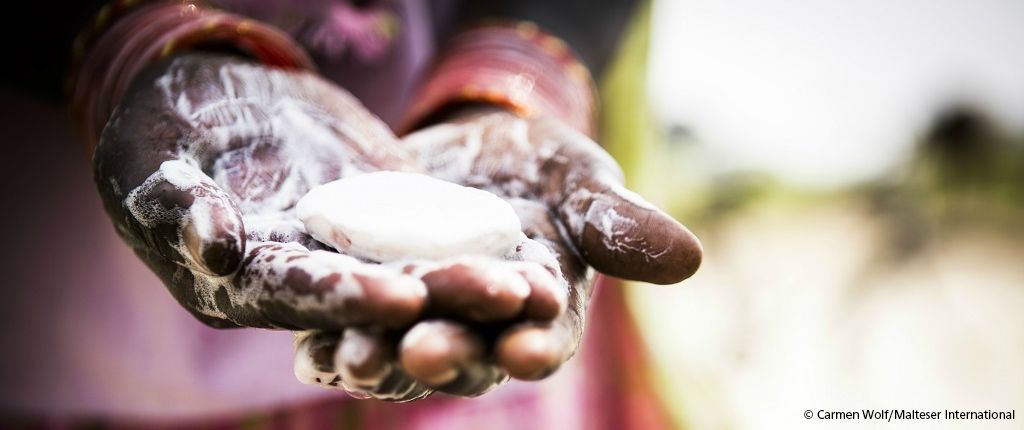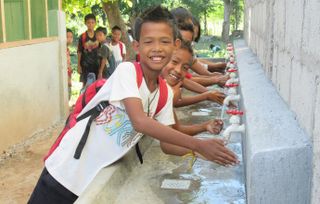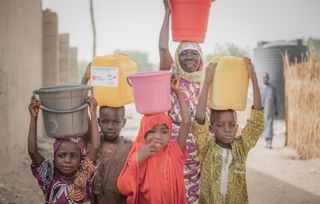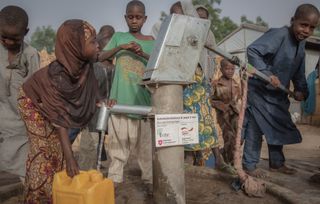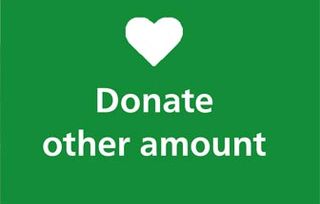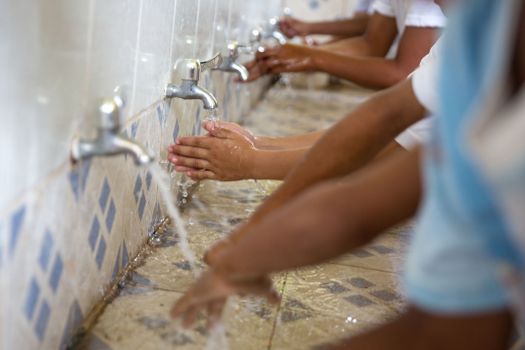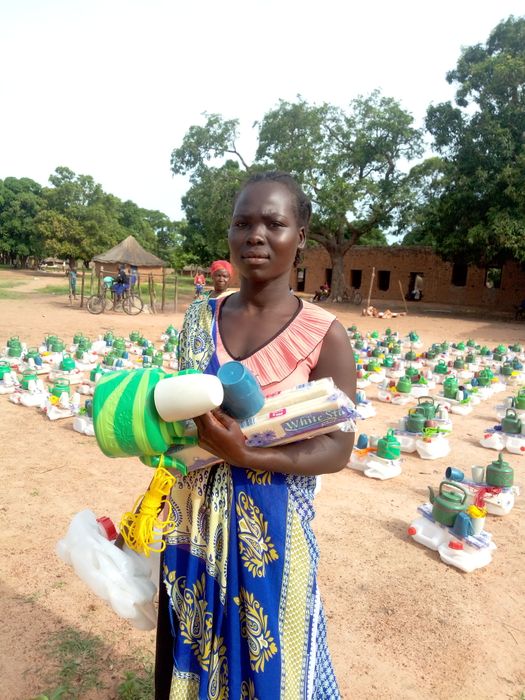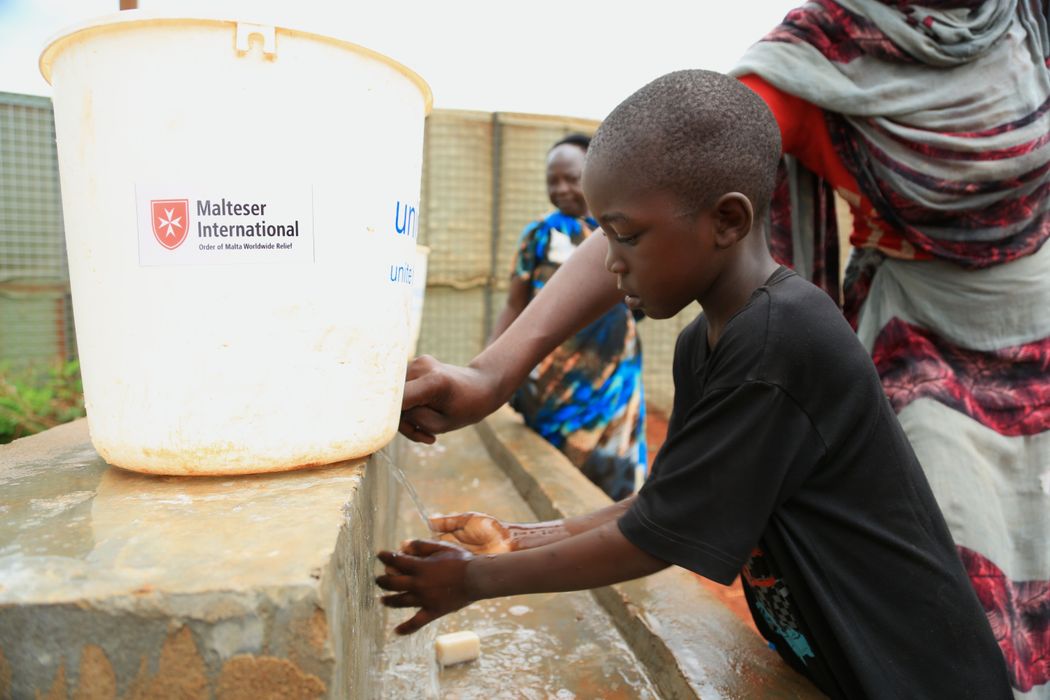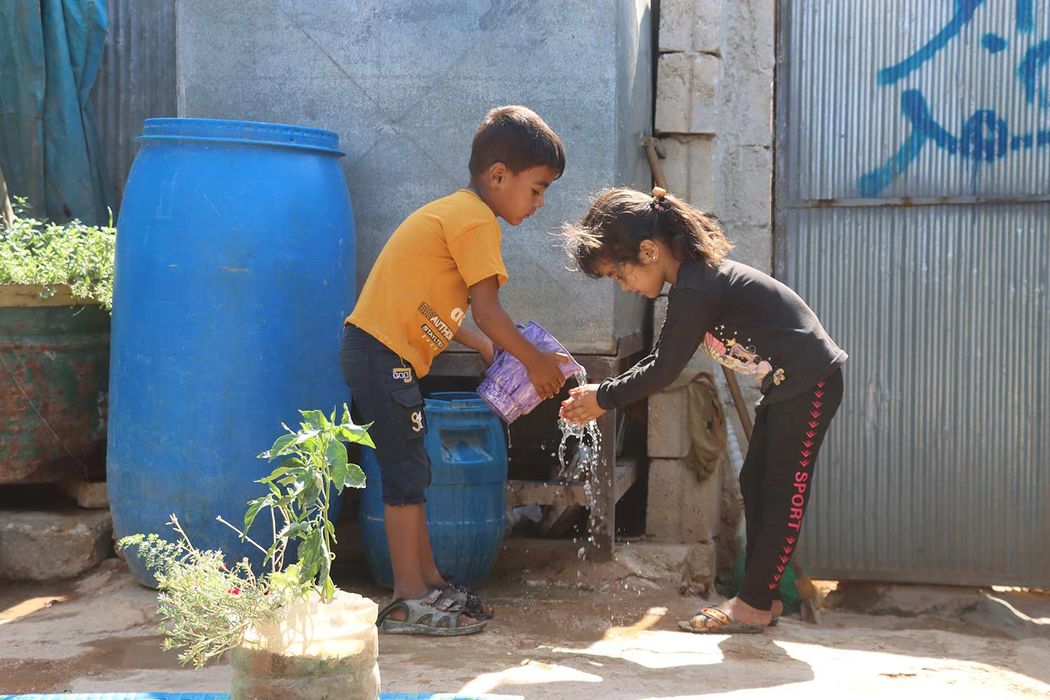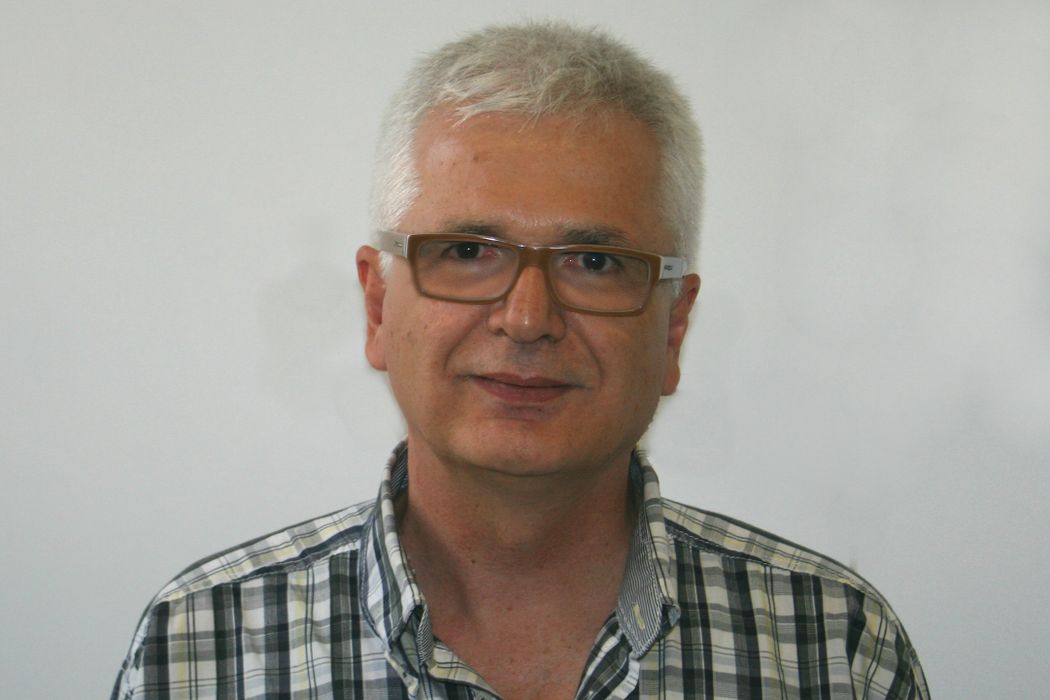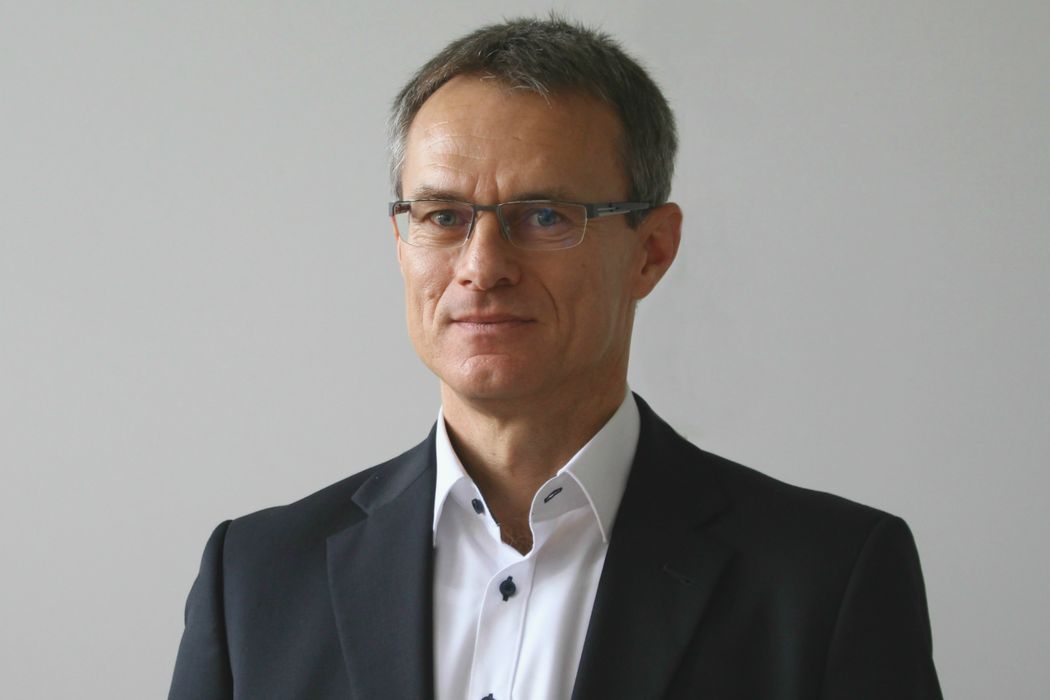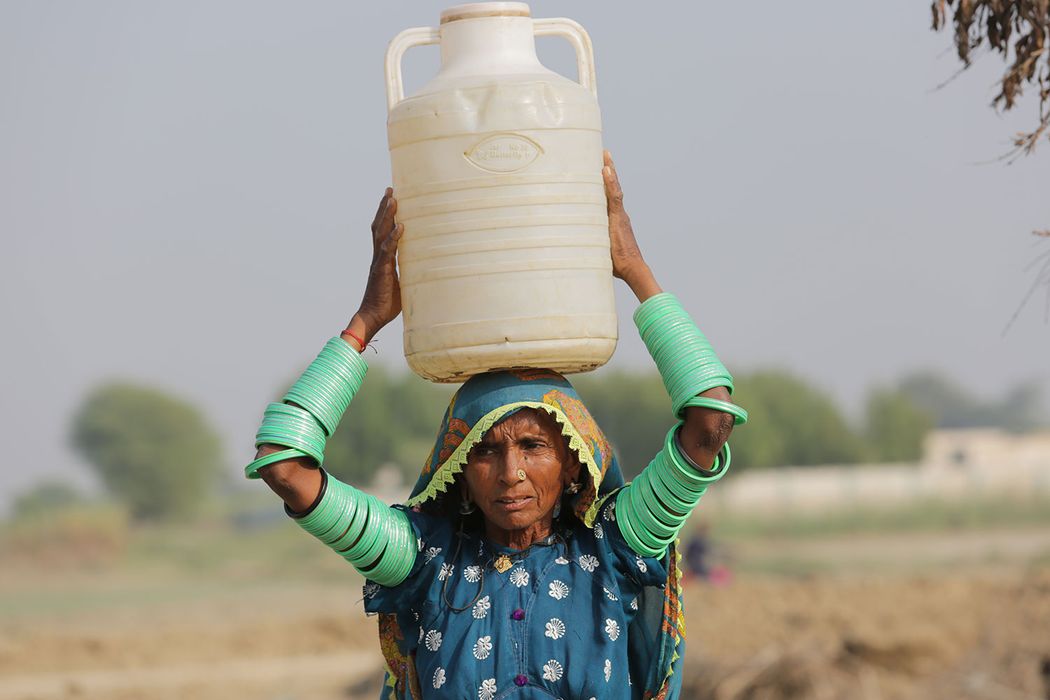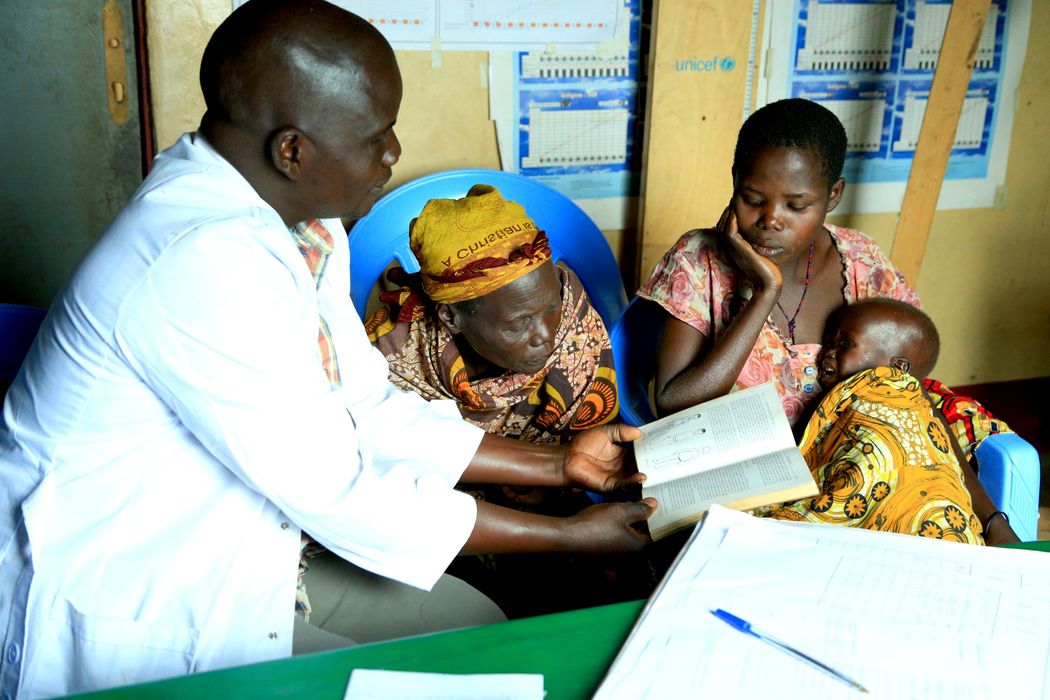Global Program on WASH and Human Rights in Nepal and Uganda
Although water and sanitation are human rights, 2.2 billion people worldwide still don’t have access to clean drinking water. 4.2 billion people lack access to safe sanitation. Socio-economic inequalities, scarcity of resources, lack of sustainability, marginalization of rights holders and conflicts present only some of the reasons why so many people are still denied access to clean water. Recent approaches such as Making Rights Real (MMR) and WASH Systems Strengthening offer promising solutions by addressing these problems and including rights holders in decision-making processes.
Read more
